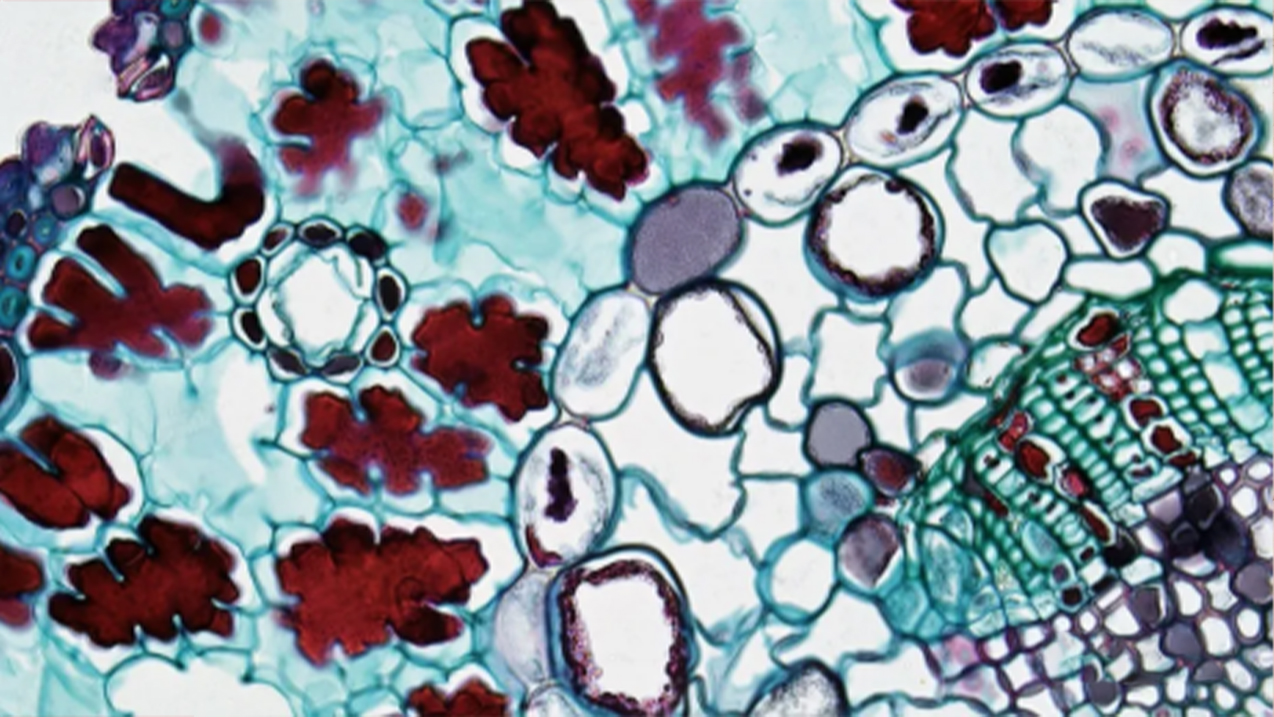- 500
- HENGLU NEWS
In recent years, with the deepening research into the mechanisms of NK cell function, NK cell immunotherapy (a biological treatment that mobilizes the body’s own immune system to kill and eliminate tumor cells) has become the fourth major treatment method for cancer, following surgery, radiation therapy, and chemotherapy. The medical community widely recognizes that, compared to traditional therapeutic approaches, NK cells can treat various cancers, making them an ideal choice for anti-tumor therapy.

As early as the early 1970s, researchers identified a type of lymphocyte that resembled T cells and B cells but was distinct from them. This lymphocyte could lyse tumor cells without prior stimulation and directly recognize pathogens through its surface receptors. It was named natural killer (NK) cells.
As one of the vital immune cells in the human body, NK cells play a crucial role in monitoring tumors. They can distinguish between normal and tumor cells and effectively kill tumor cells through non-systemic activation of immune cells. Further studies have shown that NK cells can also effectively prevent tumor recurrence and metastasis by targeting tumor stem cells, demonstrating a strong ability to kill abnormal cells in an antigen-independent manner.

Additionally, NK cells have a unique killing effect on virus-infected cells, helping to prevent autoimmune diseases and other immune dysfunctions. Currently, NK cell immunotherapy has a broad clinical prospect by enhancing the body’s immunity and improving overall balance.
During the decade following the discovery of NK cells, research institutions began using them for anti-tumor treatment. Researchers found that NK cells play an essential role in controlling tumor progression, with treatments like NK cells combined with IL-2 showing an efficacy rate of 20% to 30% for renal cancer and melanoma.
Recently, at the American Association for Cancer Research (AACR) Annual Meeting 2022, Affimed reported the latest clinical results for a treatment of Hodgkin lymphoma using NK cells extracted from umbilical cord blood combined with an innate cell engager (ICE), AFM13, attracting significant attention from scholars.
AFM13 is a first-in-class innate cell engager that can activate natural killer (NK) cells and macrophages, connecting with the human innate immune system to combat tumors.
“We recruited 22 patients with relapsed or refractory lymphoma, most of whom were diagnosed with Hodgkin lymphoma, with their conditions continuously worsening. We implemented treatment using NK cells extracted from donated umbilical cord blood, achieving a quite high remission rate,” stated Yano Nieto from The University of Texas MD Anderson Cancer Center’s Stem Cell Transplantation and Therapy Department at the conference. “The study showed that among 19 assessable patients, the overall response rate reached 89%, with 10 achieving complete remission. After treatment with the recommended dosage across two stages, the complete remission rate (CR) for 13 patients increased from 38% to 62%, and the objective response rate (ORR) for the treatment regimen was 100%.”

NK cells are widely sourced and easily obtainable. Utilizing autologous or allogenic NK cells to treat diseases enhances the anticancer effects of immunotherapy while effectively reducing the toxic responses associated with immunotherapy. Currently, NK cells demonstrate good therapeutic effects in various solid tumors in clinical applications, and several related drugs have been approved for clinical use by the U.S. FDA (Food and Drug Administration).



